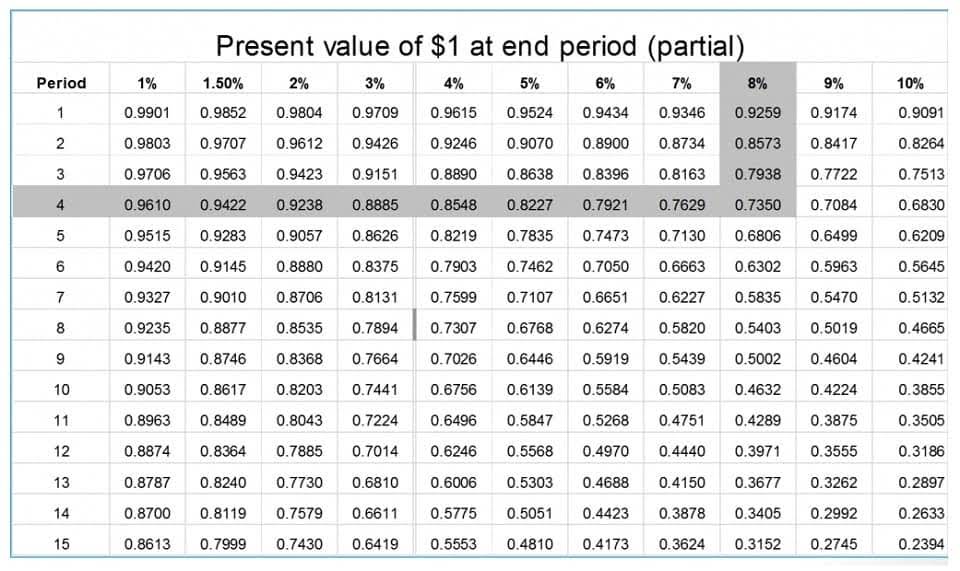News & Notice
공지사항
| 제목 | Guide to AI in accounting: Trends, tools, and stats Karbon resources | ||
| 작성일 | 2021-02-08 | 작성자 | 박세찬 |

It would take a couple of minutes for an expert Excel user to clean the data above, whereas ChatGPT can fix this budget in just a few seconds. Let’s also ask ChatGPT to summarize the budget for users with little knowledge of accounting. Accountants can use AI’s power to detect fraud and prevent fraudsters from stealing the company’s data. To illustrate, we asked ChatGPT to inspect an email that we suspect is fraudulent.
Large Language Models
ChatGPT capabilities can improve the formatting of forecasts to align with your specifications. But it’s best to use AI-driven financial forecasting software for efficiency. The smart shop floor helps manufacturing and cost accounting identify opportunities for improving operational efficiency and reducing costs from rework and scrap. For example, ERP systems can be connected with IoT sensors to create real-time notifications https://www.bookstime.com/ of production problems and machine maintenance requirements. Whether you’re a CFO, an accountant, a financial analyst or a business partner, artificial intelligence (AI) can help improve your finance strategy, uplift productivity and accelerate business outcomes. Though it may feel futuristic, advancements such as generative AI and conversational AI technology can benefit Finance & Accounting (F&A) now.

Running an Accounting Firm Without Timesheets – My 5 Year Experience
In recent years, AI-powered bookkeeping solutions have become increasingly sophisticated, offering businesses a more efficient and cost-effective way to manage their financial records. By embracing AI and leveraging its capabilities, your accounting firm can operate more efficiently, deliver better results, and stay ahead of the curve in an increasingly competitive AI in Accounting industry. While it’s true that AI can automate many tasks traditionally performed by accountants, it’s unlikely that AI will completely replace the role of a CPA in the foreseeable future. As an accounting professional, your main job is providing financial services to your clients—and as a business owner, your main job is growing your business.

Increased Efficiency and Productivity
AI can track firm-wide metrics over time, isolating trends and identifying opportunities to optimize client relationships, staff assignments, scheduling and resource allocation, billing and invoicing. It can save firms time by generating meeting transcripts and drafting internal messaging like company policies and firm-wide communications. AI can help accounting firms improve their research process to deliver more accurate and useful information. It can bring tax research directly into the workflow, provide anticipatory prompts based on client data and changing regulations, and reduce the time needed to conduct the research, verify the sources, and understand the implications. Once the information is gathered, AI can help summarize the research and draft customer-focused messaging that explains the implications of the research related to every customer’s specific tax situation. Botkeeper provides automated bookkeeping support to accounting firms by using a combination of machine learning, artificial intelligence, and skilled accountants.

- Automation (including Robotic Process Automation) employs software bots to automatically manage repetitive, rule-based, and mundane tasks typically performed by humans.
- Audit Intelligence Analyze will be available in the U.S. this coming fall, and in the U.K.
- This is because they will have more time to analyze data and evaluate business performance with the help of AI and its data analysis capabilities.
- But there are a ton of administrative tasks that you need to know but aren’t actually related to your core services or business growth.
- Those that embrace AI technology early on can differentiate themselves from their competitors, offering better value to their clients, and improving their overall market position.
- With AI, accountants can reduce the time needed to gather and reorganize data and focus more on analysis.
While artificial intelligence capabilities are incredibly advanced, your input is key to its success. Without critical thinking and professional judgment to create prompts, set up tests and run automation, using AI in accounting will result only in headaches and confusion. Whether you’re a leader, practitioner, or educator, you must understand AI’s capabilities and when and how to implement them.

The technology can be used to analyze large datasets and identify patterns and anomalies that could be overlooked by human accountants. AI also enables accountants to provide more accurate and timely financial insights to clients and stakeholders. Tax and accounting professionals are drowning in oceans of client data ranging from general ledgers, journal entries, employee records, banking records to unsorted digital and physical “shoeboxes” of supporting documents.

